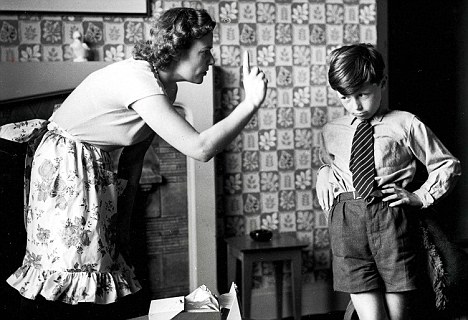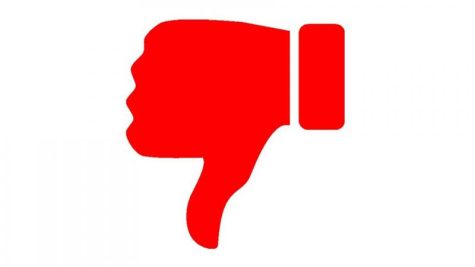How do strict and passive parenting affect children? And which is better?

Getty Images/Popperfoto Creative
Volume 2, Page 74, Picture, 1. A picture of a mother telling off her son. 1958
Recently, there has been quite a bit of controversy surrounding how the 21st-century parent should raise his or her kids. Is it better to have a firm grip on how children spend their time and whom they spend it with? Some parents say that if they keep tabs on where their kids are and whom they’re with, then there is less of a chance that their children will do something illegal (or simply against their personal morals). Other parents give their children permission to roam around doing whatever they please or are so passive that the child assumes they won’t be prohibited from any “questionable” activities.
Some parents are so authoritarian that their children are driven to misbehave. In many cases of strict parenting, children are compelled to rebel against their parents by doing something as insignificant as listening to “inappropriate” music, or something more drastic, like using drugs. Internet news site Vox describes a study that concluded that strict parenting is, in fact, correlated with higher drug use among children. Sayings like “spare the rod, spoil the child,” imply that if children are not punished physically, then their personal development will suffer. However, many facts contradict this. Le Moyne College reports that 42 percent of convicted serial killers suffered from physical abuse as children and that a whopping 74 percent suffered from psychological abuse. When a teenager is told not to do something, that “something” becomes so much more appealing. It’s just part of human nature.
While some parents are very strict, others are much more lenient toward their children. Giving children the power to choose what they want to do will make them see their parent as a friend, rather than a “mom” or “dad”. In some cases, parents may prefer this. However, this relationship dynamic can also result in children taking advantage of their parents’ kindness. This can result in a lack of respect toward parents, as well as reckless decision-making. Easygoing parenting can have just as many downsides as a more authoritarian approach.
There is no black-and-white choice when it comes to parenting. The best approach lies in the middle. Rather than monitoring children constantly, or, conversely, giving them the freedom to do as they please, parents should trust their children while making sure that their children also respect them. As the saying goes, “Respect is earned, honesty is appreciated, trust is gained and loyalty is returned.”





